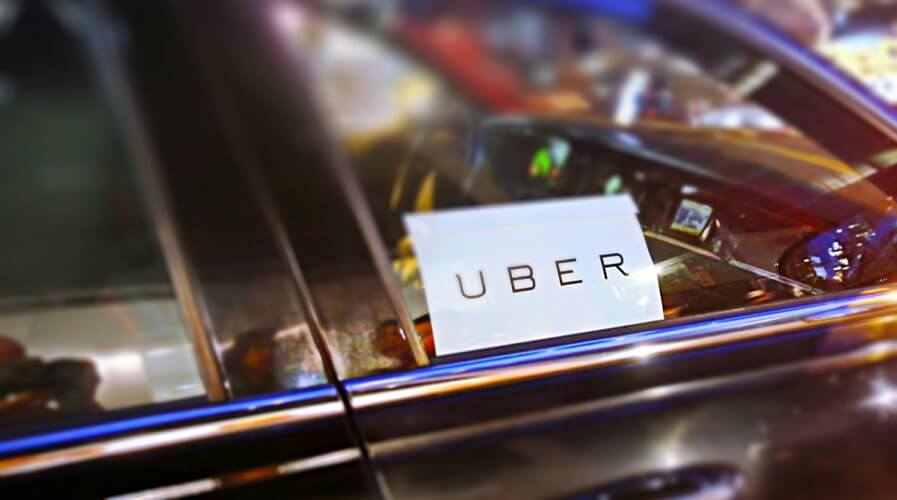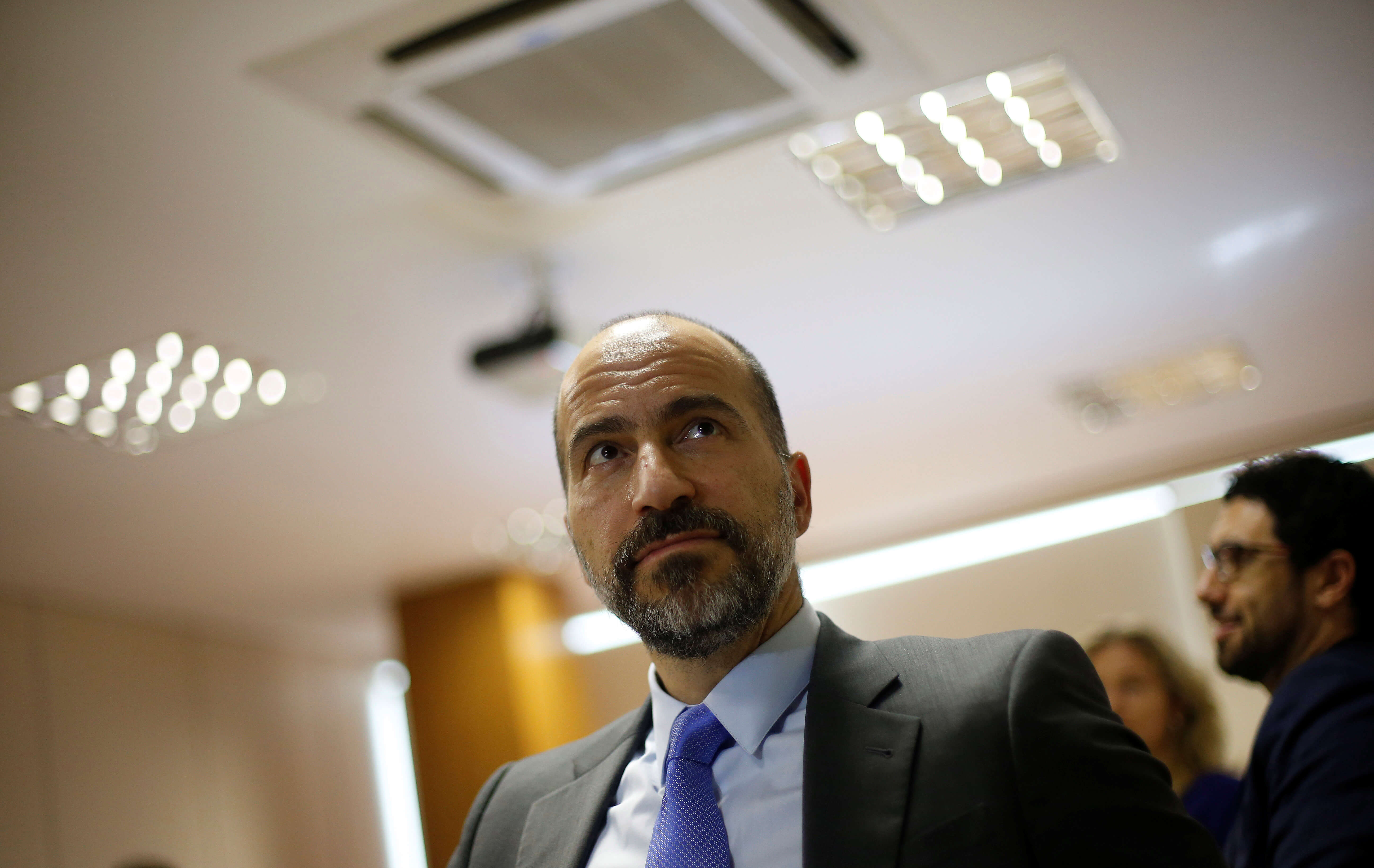
After a torrid 2017, 2018 could see the company reform its reputation under its new CEO. Source: Shutterstock
Uber embarks on road to redemption with global transport alliance
UBER is joining up with a global public transportation association in order to boost their availability in their operating cities, as well as the International Association of Public Transportation (UITP) in order to make public transportation service more accessible.
The ride-hailing company, once an enemy feuding with urban transportation networks, is now partnering up with them as part of a greater effort to not only improve their reputation in the eyes of local governments but also burnish their brand name with a customer base that has flocked to rivals in recent months.
“One of the big emphases that Dara has made … is that we want to be better partners for the cities we operate in,” Salzberg said, according to Reuters.
New CEO Dara Khosrowshahi has been travelling the world to meet governmental officials as part of a campaign to get Uber back in the books. The company has also had to combat further image problems when it was revealed that the company had paid hackers to keep quiet on a data breach that took place more than a year ago, while the company was still under the leadership of co-founder and former-CEO Travis Kalanick.
Uber wants to be a better partner for cities according to Andrew Salzberg, Uber’s chief for transportation policy and research, as reported by Reuters. They see this path clearly marked in alignments with public transportation authorities, which would offer the company a veneer of trustworthiness and a symbolic gesture of accountability.

The chief executive of Uber Technologies Inc, Dara Khosrowshahi attends a meeting with Brazilian Finance Minister Henrique Meirelles (not pictured) in Brasilia, Brazil. Source: Reuters
Regulators seem optimistic about the move. The UITP’s Secretary General, Alain Flausch, said that the association would be regularly checking up on Uber to ensure promises are kept, but added that it’s a “good sign” that Uber wants to join.
“They are kind of saying to every politician: ‘We are joining the community and we want to help in the new ecosystem’,” said Flausch to Reuters.
“It’s a work in progress and having Uber join is a good sign. Of course they keep their business model but … they need to be a bit more flexible and open to talking.”
By joining an alliance, Uber will be trying on a collaborative spirit that has previously been occupied by its Asian rivals. Singapore-headquartered Grab, Indian Ola and China’s Didi Chuxing have long worked together to make it easier for tourists and travelers to move seamlessly across regions via a single ride-hailing app. The Asian alliances have also been directed as an attempt to keep Uber off locals’ turf, and they’ve largely succeeded across various markets where the US firm has seen its market share fall.
The US$69 billion company said it would be collaborating with regulators through the UITP by working on training sessions that would look into first- and last-mile issues. Uber said it wants to help reduce congestion by making public transport options much more accessible, according to Salzberg.
READ MORE
- Ethical AI: The renewed importance of safeguarding data and customer privacy in Generative AI applications
- How Japan balances AI-driven opportunities with cybersecurity needs
- Deploying SASE: Benchmarking your approach
- Insurance everywhere all at once: the digital transformation of the APAC insurance industry
- Google parent Alphabet eyes HubSpot: A potential acquisition shaping the future of CRM




